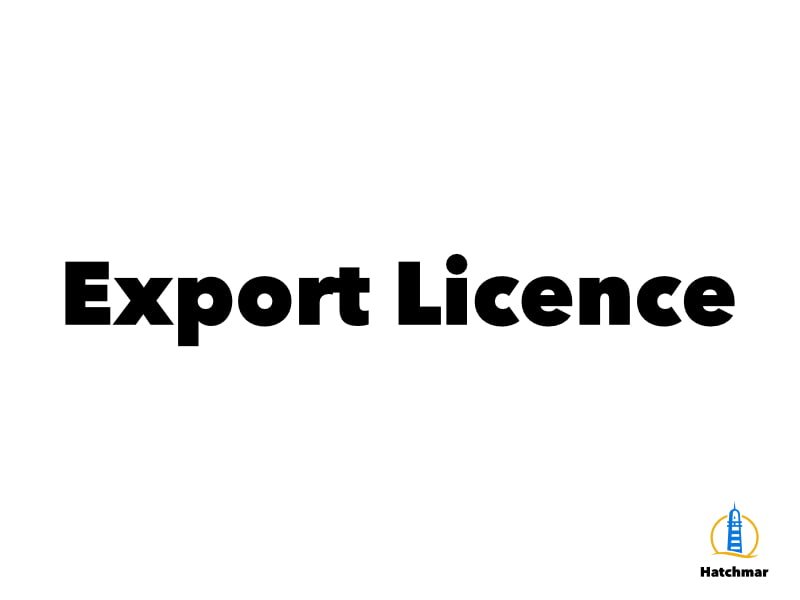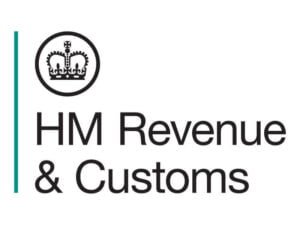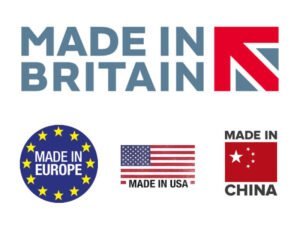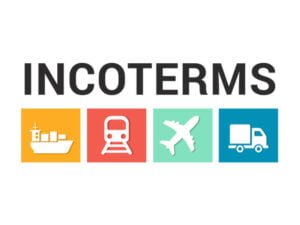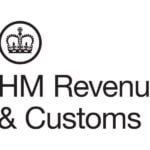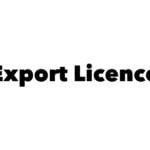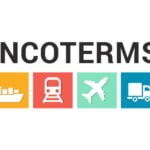Export Licence
The range of goods liable to export licence is extensive and cannot be covered in detail here. The following is intended to provide only very general guidance as to goods which may require licences to allow export.
Why export controls?
There are several reasons why governments aim to control the export of goods, depending on the nature and destinations of the proposed export. The export of strategic goods and technology is the specific remit of the Export Control Joint Unit (ECJU). Exports are controlled for various reasons, including:
- Concerns about internal repression, regional instability, or other human rights violations.
- Concerns about the development of weapo0ns of mass destruction.
- Foreign policy and international treaty commitments including as a result of the imposition of United Nations trade sanctions or arms embargoes.
- National and collective security of the UK and its allies.
Whether or not you need an export licence for your goods will be determined by four factors, the:
- Nature of the goods due to be exported.
- Destination concerned.
- Ultimate end use of the goods.
- Licensable of trade activities.
The most common types of Licences:
| Open General Export Licence (OGEL) | OGELs are available for less restricted exports to less restricted destinations. OGELs are pre-published licences with set terms and conditions which you must adhere to. There are currently over 40 OGELs available, which cover a wide range of circumstances. |
| Standard Individual Export Licence (SIEL) | If your goods, technology, software, destination or situation is not covered by an OGEL, you will need to apply for a SIEL. SIELs are company and consignee specific, for a set quantity and/or value of goods. |
| Open Individual Export Licence (OIEL) | An OIEL is designed to cover long-term contracts, projects, and repeat business. This licence is company specific, but not necessarily consignee specific. There is no set quantity or value of goods, although conditions covering this may be set on the licence. Under an OIEL, you will receive regular compliance audits from the ECJU, so minimal support documentation is needed. You will usually need to establish a track record of exporting before you can apply for an OIEL. It should replace at least 20 SIEL applications a year. |
